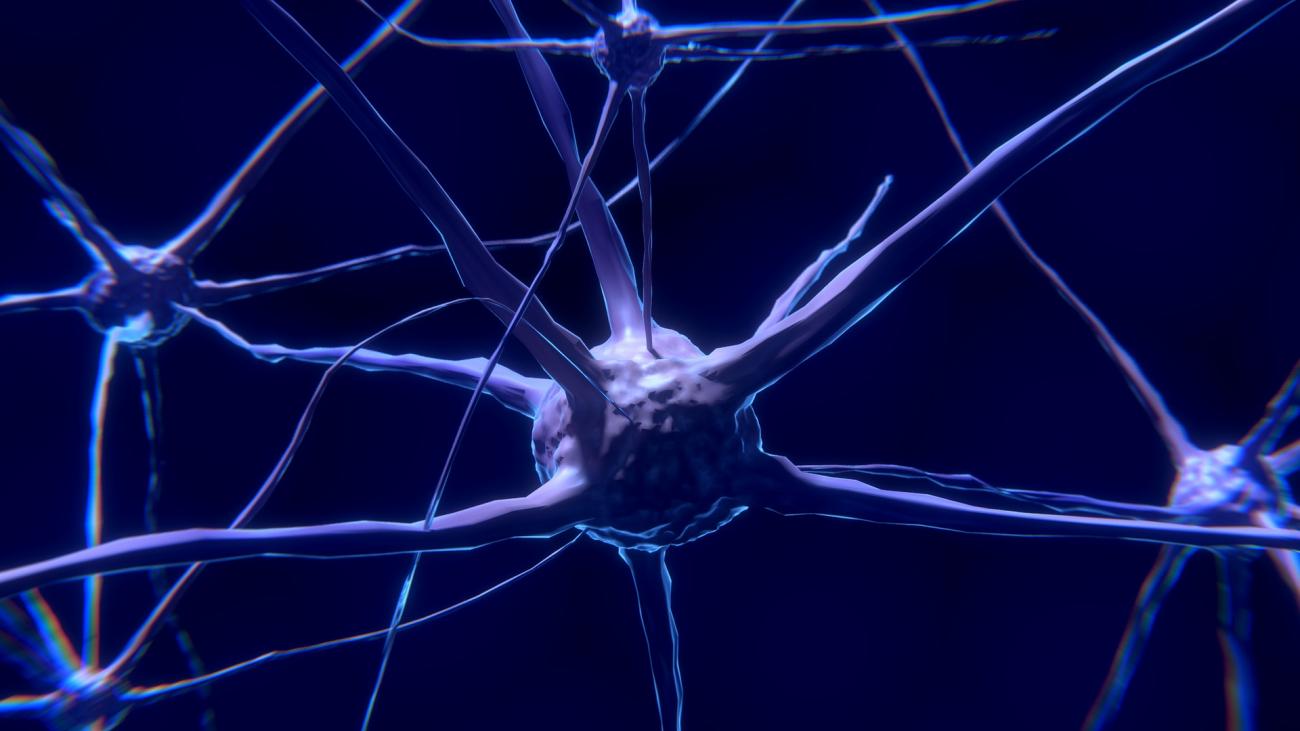Exercise builds a stress resilient brain
Exercise changes the brain to enable stress resilience. Rats allowed voluntary access to running wheels show a stress-resilient phenotype, which includes enhanced fear extinction and protection against addiction-, anxiety- and depression-like behavioral consequences of stress. Prior work with this model has revealed exercise-induced adaptations in stress- and emotion-circuits which could contribute to the stress resilient phenotype, but the mechanisms through which exercise changes the emotional brain remain unknown. The rewarding and reinforcing properties of physical activity have long been hypothesized to be important for the mental health benefits of exercise, but data supporting this hypothesis are lacking. Contributing to the lack of data is the fact that the neural circuits underlying exercise motivation, and how these exercise circuits communicate with emotion circuits to enable stress resilience, have not been well characterized. My talk will present the results of our latest pharmacological and optogenetic experiments identifying the neural circuits motivating the acquisition and maintenance of voluntary exercise behavior. I will then discuss how these exercise motivation circuits, particularly a hyper-dopaminergic state within the circuit important for the long-term maintenance of voluntary exercise, could be directly involved in enabling stress resilience. Important sex differences will be highlighted throughout the talk. Results of these studies are consistent with the emerging role of motor circuits beyond just motor control, and lend credence to the notion that exercise needs to be rewarding in order to improve mental health.
Dr. Benjamin Greenwood is an Assistant Professor in the Department of Exercise Behavioral Neuroscience at the University of Colorado Denver.
The event is open to the public.




